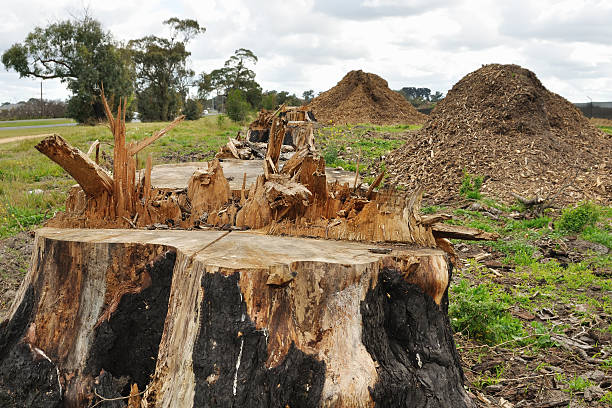When it comes to modern waste management, masticating plays a pivotal role that goes beyond mere waste disposal. Its ability to efficiently break down organic waste not only optimizes landfill space but also aids in odor control and promotes sustainability. The impact of masticating in these areas is undeniable, but there is more to explore when considering its broader implications. The intricate dance between waste and mastication reveals a web of benefits that extend far beyond the surface, offering a glimpse into the intricate world of modern waste management practices.
Benefits of Masticating in Waste Management
One significant advantage of masticating in waste management is its ability to reduce organic waste volume efficiently. By breaking down food scraps and other biodegradable materials into smaller particles, masticating machines make processing and composting this waste easier. This process helps reduce the overall volume of waste and aids in the quicker decomposition of organic matter. Additionally, masticating can assist in controlling odors that often arise from decomposing waste, creating a more pleasant environment in waste management facilities.
Moreover, masticating helps improve the quality of compost produced from organic waste. The finely shredded particles result in a more homogeneous compost mixture, which enhances the composting process and the quality of the final product. This nutrient-rich compost can be used in agriculture or landscaping, contributing to sustainable practices and environmental conservation efforts. Overall, the efficient reduction of waste volume, odor control, and improved compost quality make masticating a valuable tool in modern waste management practices.
Landfill Space Optimization
Advanced waste management techniques, such as masticating, can optimize landfill space by compacting and breaking down organic waste efficiently. By employing masticators to process waste before disposal, the volume of the waste is significantly reduced. The mastication process breaks down large items into smaller pieces, allowing for better compaction within the landfill. This compaction saves space and creates more room for additional waste, extending the landfill’s lifespan.
Furthermore, mastication helps prevent the formation of air pockets within the landfill, which can lead to uneven settling and potential structural issues. The dense, uniform composition achieved through mastication promotes stability and reduces the likelihood of subsidence.
Odor Control and Sustainability Benefits
Implementing masticating techniques in waste management can achieve odor control and sustainability benefits through efficient decomposition and containment of organic waste. Mastication breaks down organic matter into smaller particles, reducing the surface area exposed to air and minimizing odor emissions. This process also accelerates the decomposition of waste, leading to a quicker reduction in foul odors.
Furthermore, the containment of organic waste within masticating systems prevents the release of methane gas into the atmosphere. Methane is a potent greenhouse gas that contributes to climate change, and by securely managing organic waste, mastication helps mitigate these harmful emissions.
In addition to odor control and greenhouse gas reduction, masticating waste management systems promote sustainability by producing nutrient-rich compost. This compost can enrich soil, support plant growth, and reduce the need for chemical fertilizers. By incorporating mastication into waste management practices, you can contribute to a cleaner environment and a more sustainable future.

